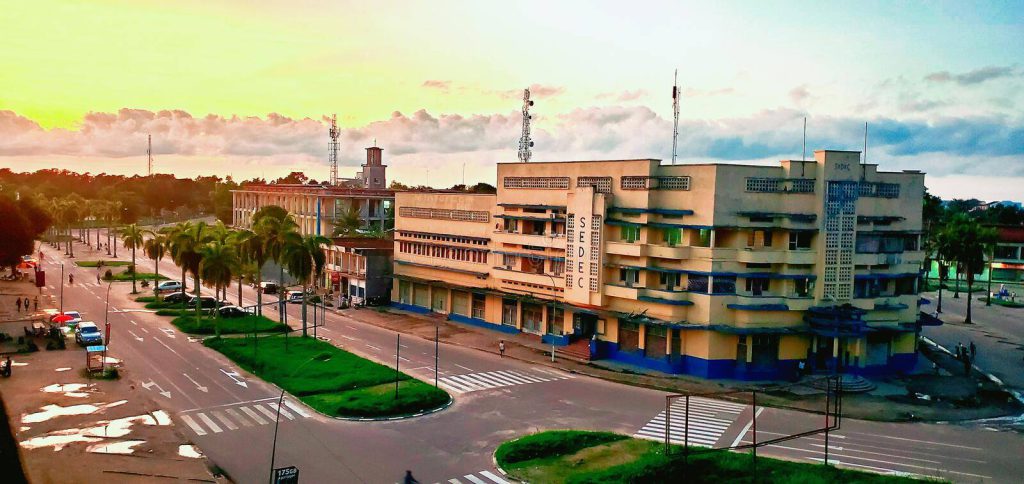About twenty five years ago, Rwanda and Uganda armies fought each other for six straight days in Kisangani, Democratic Republic of Congo.
The clash widely known as the second Congo War, involved multiple clashes between the two armies and culminated in what is known as the “Six-Day War” which started on 5th, June, 2000.
The clashes resulted in significant damage to Kisangani city and a high number of casualties, including civilians. A ceasefire was brokered in June 2000.
Déo Kasongo’s DIVO agency has produced a documentary dubbed “The Six-Day War in Kisangani.” It was officially screened to the public for the first time on Thursday June 5th in efforts to revive collective memory.
The documentary was screened at a fully packed Ciné Buzz theater in Kinshasa attended by journalists, political figures, and social figures.
According to details, production of the documentary film project was supported by DRC’s Ministry of Justice and the Special Fund for Reparations for Victims of Uganda’s Illicit activities in the Democratic Republic of Congo (FRIVAO).
This documentary, based on numerous harrowing testimonies, sought to give voice to the often-forgotten victims. For over an hour, survivors’ stories, shocking testimonies, and archival footage retraced the dark history of the city of Kisangani, which still bears the scars of this war todate.
“Tonight, we fall silent to listen to the cry of a city, the cry of Kisangani, the cry of a people, the cry of the nation. The Six-Day War. This documentary coincides with the 25th anniversary of this tragic event,” said Bolukola Osony Chancard, Coordinator of FRIVAO.
Bolukola added; “It is not simply a cinematic work. It is a heartbreaking cry in the collective memory. It is an act of transmission. A memory reaching out to history, so that forgetting never becomes a form of betrayal.”
Bolukola, also a victim of this war, recalled that during the invasion by foreign troops, significant damage was inflicted: shattered lives, traumatized psyches, destroyed infrastructure, and devastated communities.
“Deep within every scar lies a truth. Blood shed without justice is a sighing wound. Silence, when it lasts too long, is confused with denial. Kisangani, a martyred city, was the scene of bloody battles. We wanted this film. We carried this film. We made it with the conviction that remembrance is an act of peace,” he said.
According to him, FRIVAO, as a restorative justice institution, has taken on the moral duty of reconciling the ages, of bringing the past into dialogue with the present, in order to shed light on the future.
“This documentary speaks to us, it challenges us, and above all, it empowers us. By screening this film, we are not only honouring the dead, we are honoring life. We are not just denouncing, we are announcing. We are announcing a new era: that of a nation that no longer trembles before its past but faces it with courage and dignity,” FRIVAO coordinator said.
International Court of Justice
The International Court of Justice (ICJ) on 9 February 2022, ruled that Uganda must pay $325 million in reparations to the Democratic Republic of the Congo (DRC) for damages resulting from Uganda’s military intervention in the DRC between 1998 and 2003.
The ICJ found Uganda’s actions violated the principle of non-intervention and that Ugandan armed forces were culpable of various atrocities.
